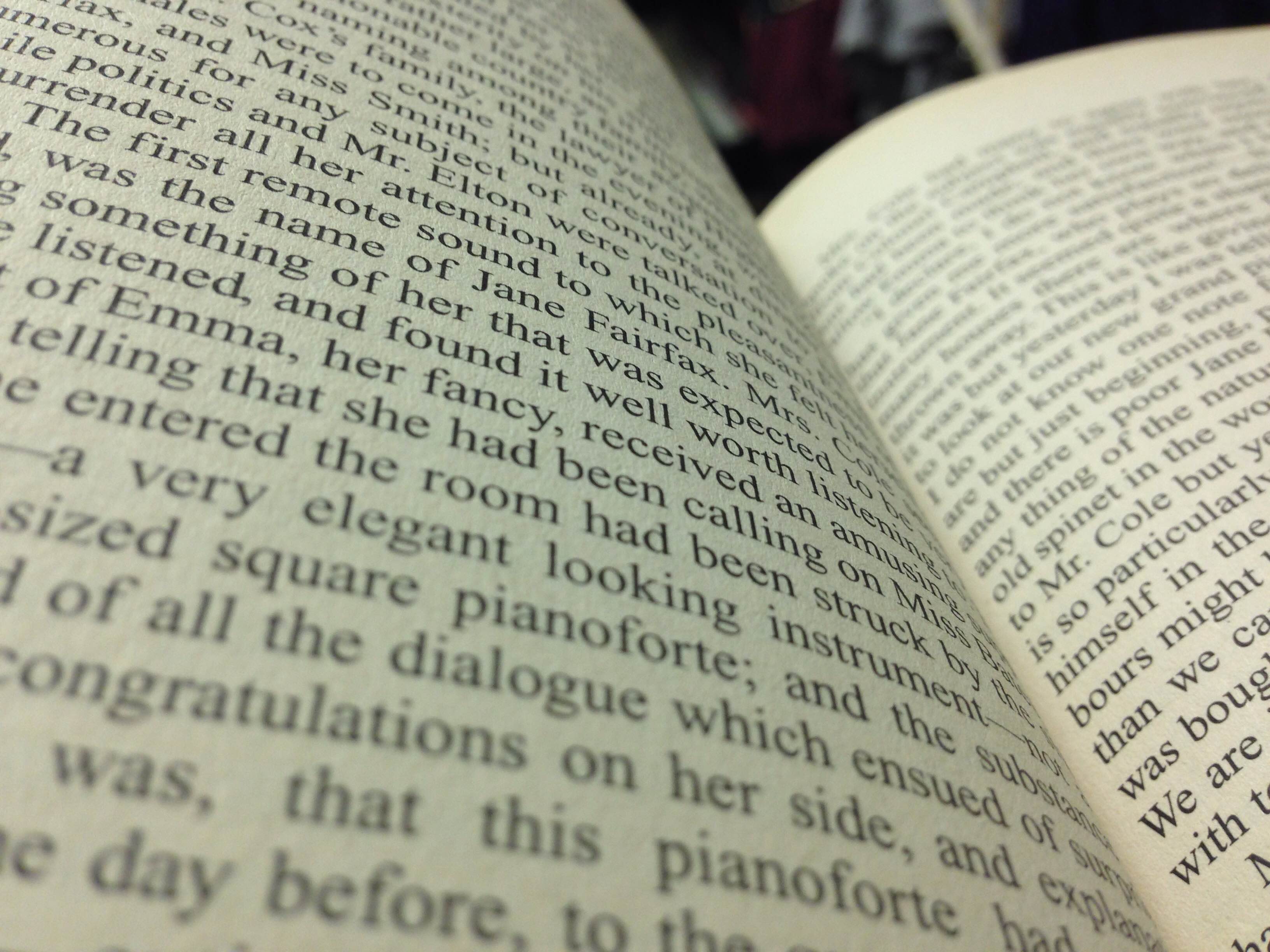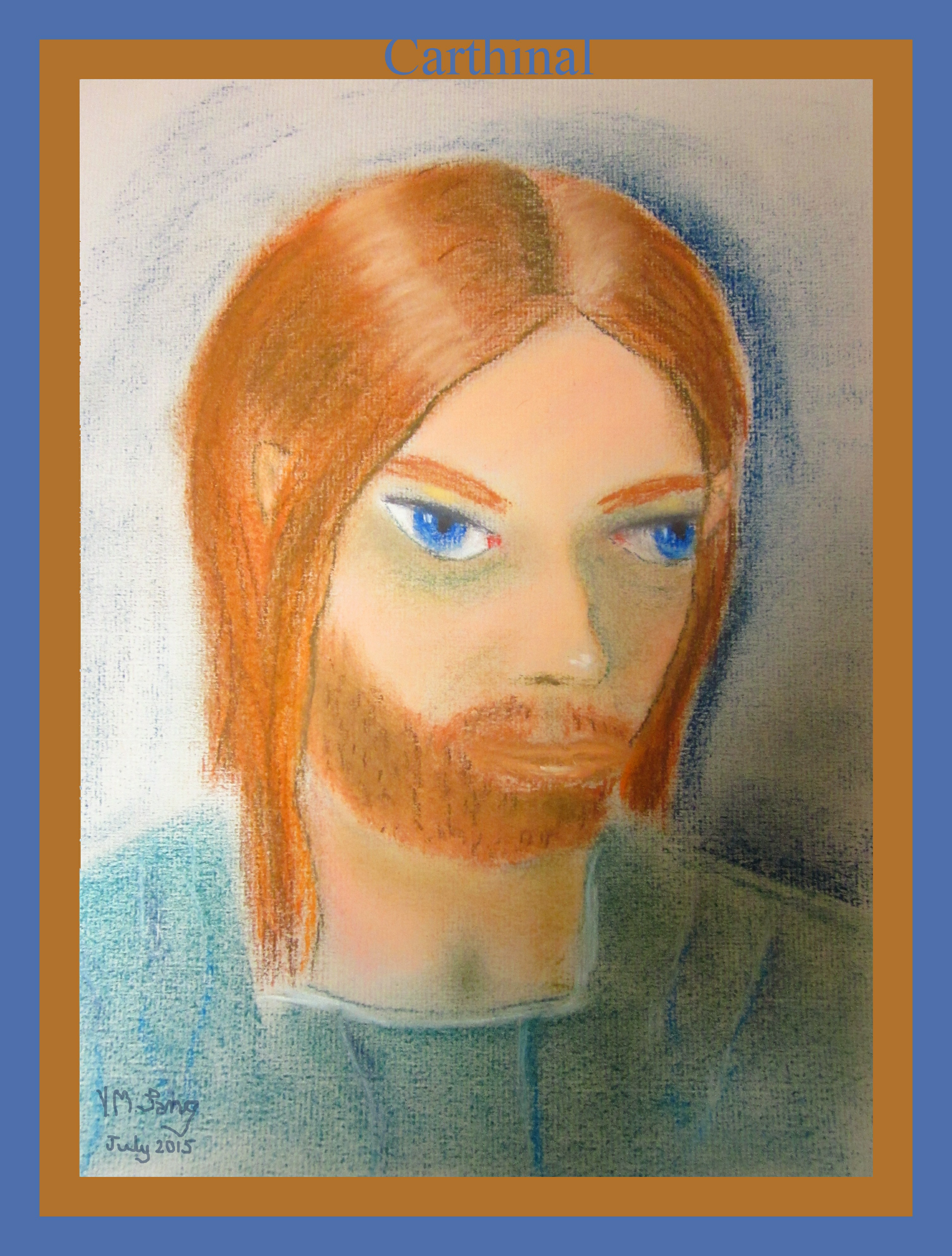
I've decided to do a post about a much maligned insect. The Wasp.
We all know the nuisance black and yellow striped creature that buzzes round us when we want to eat outside, and I've heard it said, 'What is the purpose of wasps?'
Well, here it is. Something that I hope will help to mollify your thoughts on the creatures.
I was brought to thinking of them last September when I got stung. In all fairness, it wasn't the wasp's fault. Well, not entirely, anyway. I saw one in my daughter's bathroom and decided to let it out of the window. I failed to get it out, and it must have ended up on my clothes, just under my arm, so when I put my arm down, it stung in self defense. Still, it didn't half hurt, and continued to do so for days!
What we think of as wasps (and hornets), those black and yellow terrors of picnics, are not the only insects to be classified as wasps. Wasps belong to the order of insects called Hymenoptera and there are over a hundred thousand species.
The black and yellow terrors are communal insects. They build nests of a papery substance created from wood. It usually begins in the spring when a queen lays eggs that hatch into workers. The workers are all female, and their ovipositors are what have become their stings.
Each spring, a new queen that has hibernated over winter, begins to build a new nest, built of wood she has chewed up and mixed with saliva. Then she lays a few eggs. She has to forage herself for food for the hatched grubs until they become adult worker wasps.
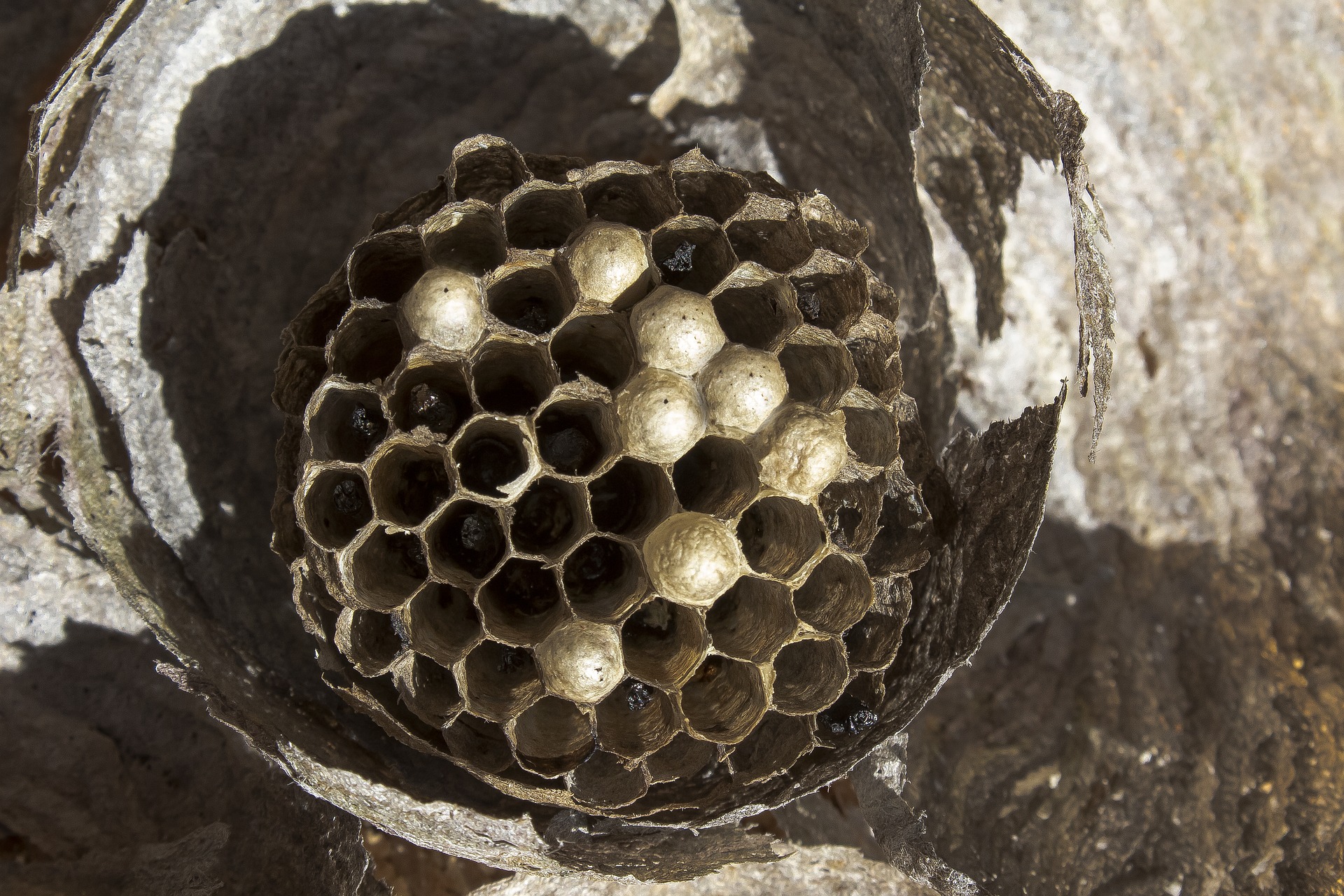
These wasps only become a real nuisance in the late summer when the queen has stopped laying and not more workers are being produced. They search for food—sweet, sugary substances usually—and that is when they come into contact with humans. And we don’t like it. Most of the rest of the year, they are happily capturing insects and feeding on nectar from flowers. They are important pollinators. Not something most people consider, but with the problems with the bee population recently, perhaps we should consider them more kindly.
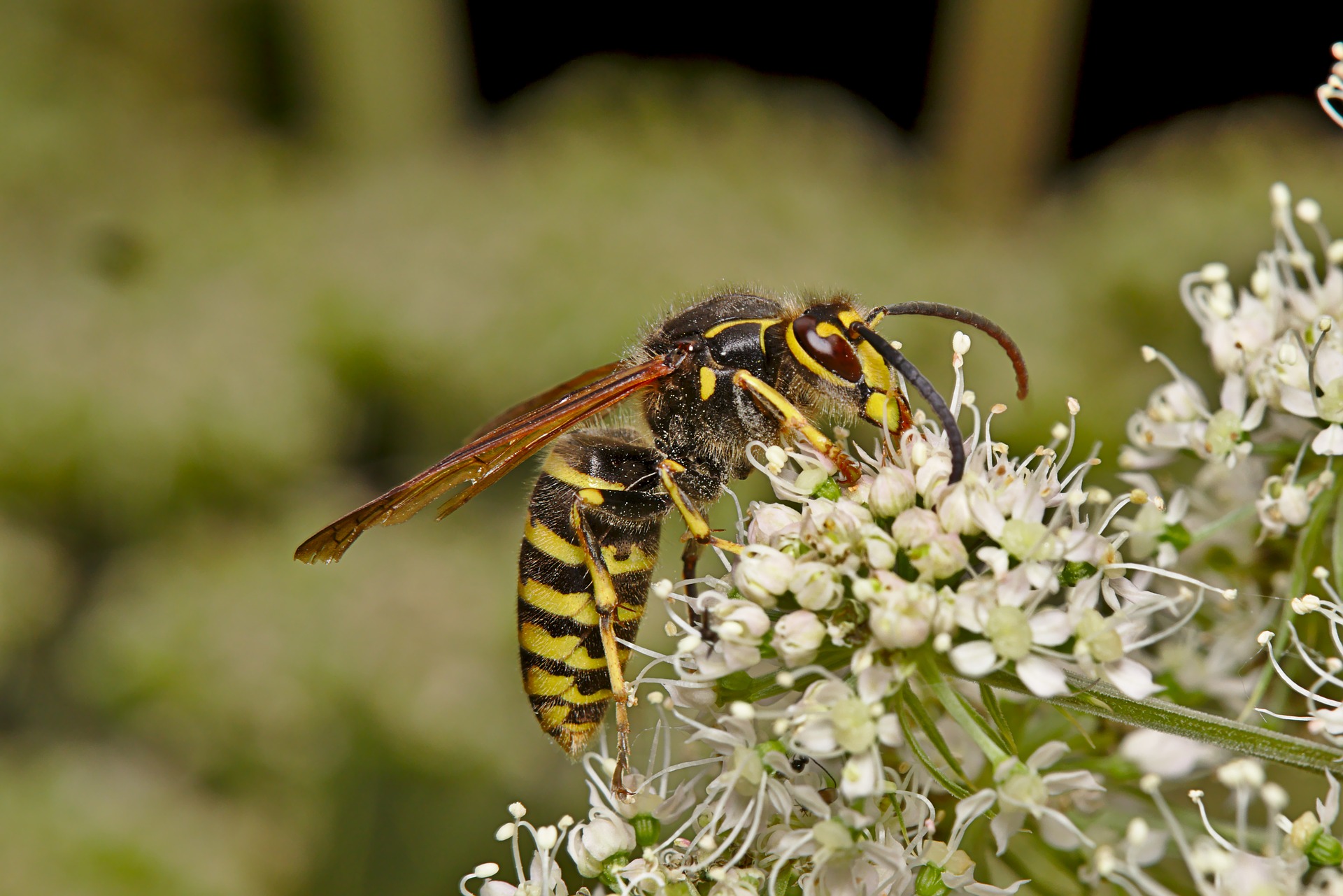
Most wasps are not social, though, and live a solitary life. Some live in communities, with nests close to each other, but do not interact, except to sometimes steal each others’ prey. Some species actually build communal nests, but each adult wasp has her own cell, and there is no division of labour or community work. The females each catch and feed their own grubs.
The prey of these wasps is spiders and insects. They feed them to the grubs, which are carnivorous, but the adults usually feed on nectar. As such, they are useful to help get rid of unwanted insect pests.
Then there are the parasitic wasps. They lay their eggs in the body of the prey animal. The grubs then eat their way through the insides of the poor creature. Others lay their eggs in the tissue of plants. The plant responds by creating a gall around the growing grub.
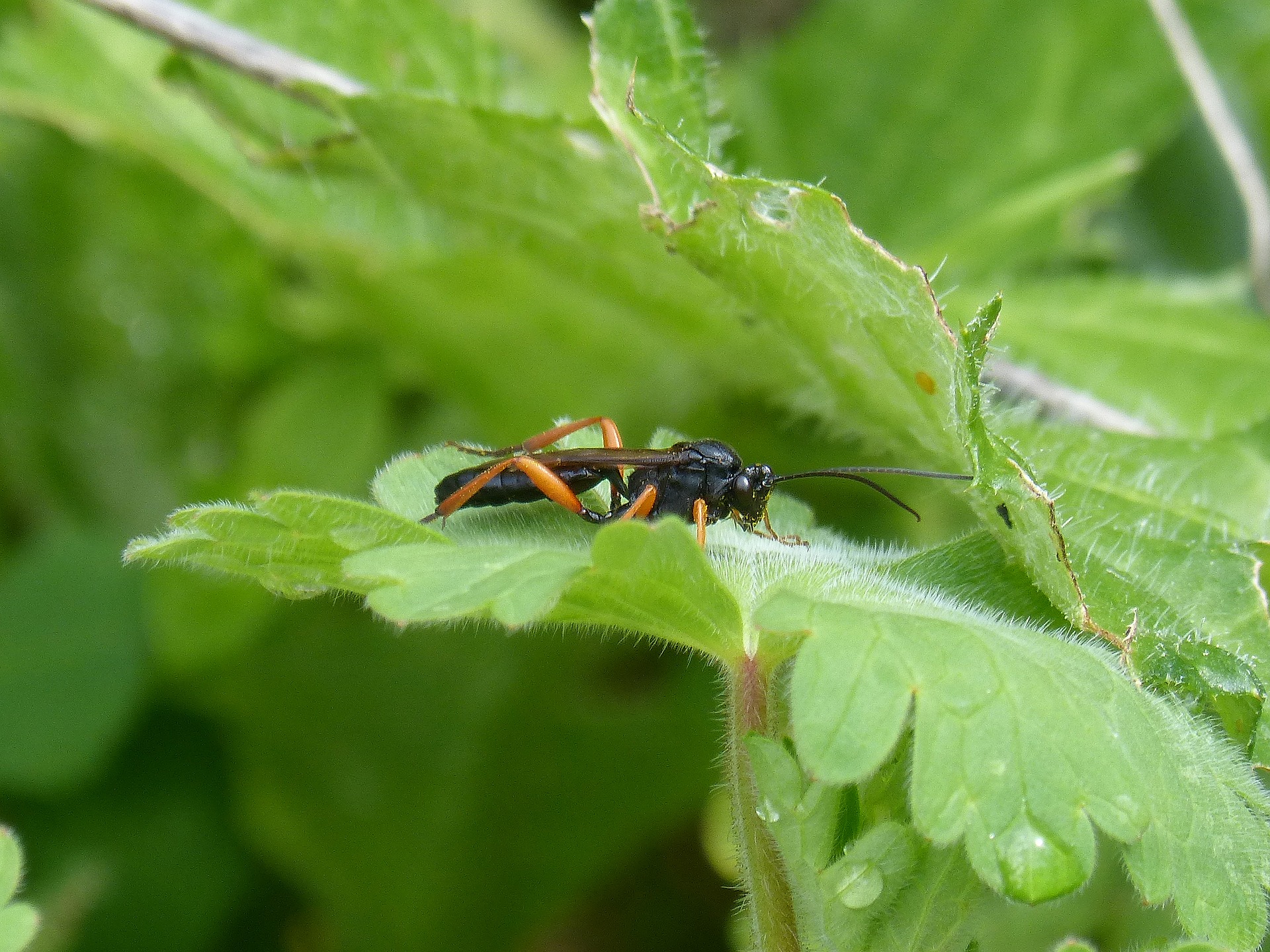
I admit I’m not the most generous of people to wasps. It'’ mow spring, and the queens are coming out to find a place to build their nests. Just this morning, while I was working at my computer, I heard a buzzing by the open window. It disappeared, but returned soon after. This happened several times and so I got up to investigate. A wasp was clearly inspecting the brickwork around my window. It then had the temerity to enter and start to look around my husband’s computer.
I went downstairs and got the Wasp and Fly killer and zapped it as it went back to the window. (I didn’t want to spray the killer onto my husband’s computer, just in case! I’ve no idea what it might do to it.) I might know they are important predators and pollinators, but I don’t want hundreds of them just outside the room where I work.
So please spare a thought for the poor wasp. They aren't as useless as you thought.
Please add a comment to the comments box to tell me what you think of these insects.

